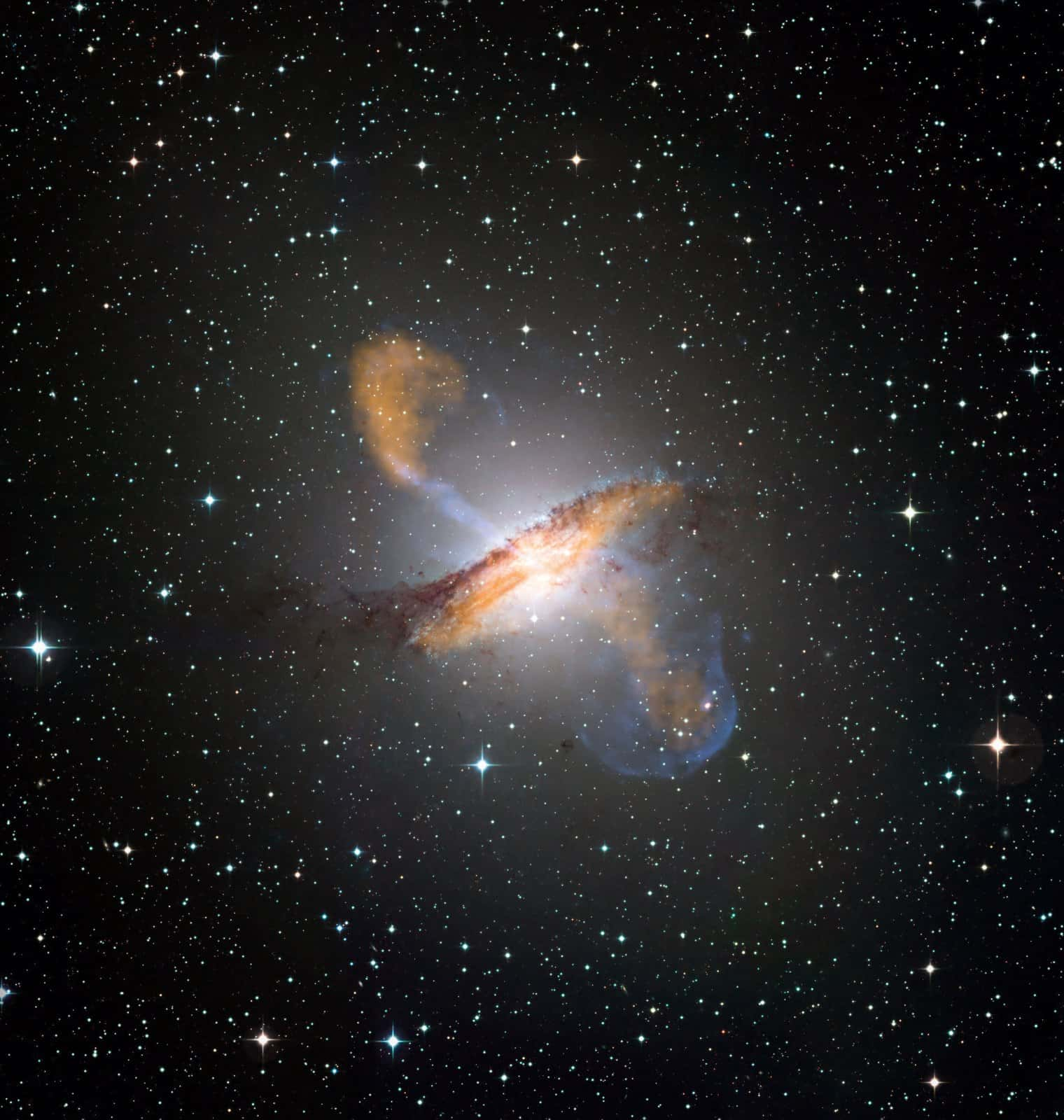But says, the agreement has a lot of advantages from safety, security and non-proliferation perspective.
WASHINGTON: Although the Indo-US nuclear deal is "not a perfect" agreement, it has a lot of advantages from safety, security and non-proliferation perspective, Director of the International Atomic Energy Agency (IAEA) Mohammad ElBaradei has said.
"The end result is India coming closer and working with the rest of the world. It is not a perfect agreement, but it has a lot of advantages. From the safety, security and nonproliferation perspective, I see that agreement as a win-win situation," ElBaradei said.
He had made similar remarks after his meeting with US Secretary of State Condoleezza Rice at the State Department last week.
He said the agreement with India did not endorse its proliferation activities but was indicative of the outside-the-box thinking the international community needs when thinking of the spread of nuclear weapons and materials.
On the nuclear regime in place since the Non-Proliferation Treaty took effect in 1970, he said it is "broken" and needs to be fixed.
"We have a dysfunctional system, a system that cannot endure. We're reaching the fork in the road. Events in the last few years have made it clear that we need to change course" ElBaradei told the Stanford Daily.
With regard to Pakistan and peddling of nuclear wares, including sensitive technology, by its disgraced nuclear scientist A Q Khan, El Baradei said "how much damage was done in the process we don't know."
This demonstrated the need for a "more robust verification system", he told an audience at the Stanford University in California, adding Pakistan has come closer to the international community in recent years.
El Baradei said he was worried that countries which can produce nuclear energy peacefully are only six months away from developing nuclear weapons for military purposes.
"Acquiring the technology to enrich uranium or reprocess uranium basically is the key to develop nuclear weapons as we have seen in Asia and Iran," he said, adding "they are virtually weapons states because in six months time if they decide for security reasons to develop their own weapon, they are there."
ElBaradei, who was the top weapons inspector in Iraq in the run up to the invasion of that country, told the gathering that at the time he could not find evidence of Iraqi weapons of mass destruction but he could not conclude that there were no weapons in the country or that Saddam Hussein did not have a weapons programme.
"Luckily...well I'm not sure luckily...we were proven right that there was no nuclear or any weapon of mass destruction in Iraq. But I hope that all of us have learned from the Iraq experience that we cannot just jump the gun. You have to be absolutely sure of the facts."
On North Korea, he said the country is "still a major problem."
"We don't talk about it enough, but North Korea is declaring right now that they have a nuclear weapon. And the longer that they continue to be in that status, the more it is accepted in the collective conscious. This would be terrible because it will have a lot of negative ramifications in South Korea and Japan."
He said the ongoing negotiations are an important development but more needs to be done. "What we see with the current six-party talks should have taken place years ago."
ElBaradei said he understands the value of nuclear power, which produces much of the developed world's energy. Reducing its use would create more dependence on greenhouse gas creating fossil fuels, he said.
"We need to use nuclear energy responsibly to maximise benefit and minimise risk," he said.
He said his "number one nightmare scenario" is a terrorist group acquiring nuclear technology since terrorists are not deterred by the possibility of reprisal.
The highest ranking official of the world's nuclear watchdog said, that in the post Cold War scenario he could see no justification for the US and Russia to maintain their nuclear arsenals on ready alert to fire with thirty minutes notice.
He urged US to lead by example and continue to disarm its nuclear stockpile. "Rather than pass judgement, I'd definitely like to say the US should do more in leading by example in terms of nuclear disarmament."
![submenu-img]() Mukesh Ambani’s daughter Isha Ambani’s firm launches new brand, Reliance’s Rs 8200000000000 company to…
Mukesh Ambani’s daughter Isha Ambani’s firm launches new brand, Reliance’s Rs 8200000000000 company to…![submenu-img]() Sonali Bendre says producers called her 'too thin', tried to ‘fatten her up' during the 90s: ‘They'd just tell me...'
Sonali Bendre says producers called her 'too thin', tried to ‘fatten her up' during the 90s: ‘They'd just tell me...'![submenu-img]() Heavy rains in UAE again: Dubai flights cancelled, schools and offices shut
Heavy rains in UAE again: Dubai flights cancelled, schools and offices shut![submenu-img]() When 3 Bollywood films with same story released together, two even had same hero, all were hits, one launched star kid
When 3 Bollywood films with same story released together, two even had same hero, all were hits, one launched star kid![submenu-img]() Gautam Adani’s firm gets Rs 33350000000 from five banks, to use money for…
Gautam Adani’s firm gets Rs 33350000000 from five banks, to use money for…![submenu-img]() DNA Verified: Is CAA an anti-Muslim law? Centre terms news report as 'misleading'
DNA Verified: Is CAA an anti-Muslim law? Centre terms news report as 'misleading'![submenu-img]() DNA Verified: Lok Sabha Elections 2024 to be held on April 19? Know truth behind viral message
DNA Verified: Lok Sabha Elections 2024 to be held on April 19? Know truth behind viral message![submenu-img]() DNA Verified: Modi govt giving students free laptops under 'One Student One Laptop' scheme? Know truth here
DNA Verified: Modi govt giving students free laptops under 'One Student One Laptop' scheme? Know truth here![submenu-img]() DNA Verified: Shah Rukh Khan denies reports of his role in release of India's naval officers from Qatar
DNA Verified: Shah Rukh Khan denies reports of his role in release of India's naval officers from Qatar![submenu-img]() DNA Verified: Is govt providing Rs 1.6 lakh benefit to girls under PM Ladli Laxmi Yojana? Know truth
DNA Verified: Is govt providing Rs 1.6 lakh benefit to girls under PM Ladli Laxmi Yojana? Know truth![submenu-img]() Remember Ayesha Kapur? Michelle from Black, here's how actress, nutrition coach, entrepreneur looks after 19 years
Remember Ayesha Kapur? Michelle from Black, here's how actress, nutrition coach, entrepreneur looks after 19 years![submenu-img]() Remember Heyy Babyy's cute 'Angel' Juanna Sanghvi? 20 year-old looks unrecognisable now, fans say 'her comeback will...'
Remember Heyy Babyy's cute 'Angel' Juanna Sanghvi? 20 year-old looks unrecognisable now, fans say 'her comeback will...'![submenu-img]() In pics: Arti Singh stuns in red lehenga as she ties the knot with beau Dipak Chauhan in dreamy wedding
In pics: Arti Singh stuns in red lehenga as she ties the knot with beau Dipak Chauhan in dreamy wedding![submenu-img]() Actors who died due to cosmetic surgeries
Actors who died due to cosmetic surgeries![submenu-img]() See inside pics: Malayalam star Aparna Das' dreamy wedding with Manjummel Boys actor Deepak Parambol
See inside pics: Malayalam star Aparna Das' dreamy wedding with Manjummel Boys actor Deepak Parambol ![submenu-img]() DNA Explainer: Why Harvey Weinstein's rape conviction was overturned, will beleaguered Hollywood mogul get out of jail?
DNA Explainer: Why Harvey Weinstein's rape conviction was overturned, will beleaguered Hollywood mogul get out of jail?![submenu-img]() What is inheritance tax?
What is inheritance tax?![submenu-img]() DNA Explainer: What is cloud seeding which is blamed for wreaking havoc in Dubai?
DNA Explainer: What is cloud seeding which is blamed for wreaking havoc in Dubai?![submenu-img]() DNA Explainer: What is Israel's Arrow-3 defence system used to intercept Iran's missile attack?
DNA Explainer: What is Israel's Arrow-3 defence system used to intercept Iran's missile attack?![submenu-img]() DNA Explainer: How Iranian projectiles failed to breach iron-clad Israeli air defence
DNA Explainer: How Iranian projectiles failed to breach iron-clad Israeli air defence![submenu-img]() Sonali Bendre says producers called her 'too thin', tried to ‘fatten her up' during the 90s: ‘They'd just tell me...'
Sonali Bendre says producers called her 'too thin', tried to ‘fatten her up' during the 90s: ‘They'd just tell me...'![submenu-img]() When 3 Bollywood films with same story released together, two even had same hero, all were hits, one launched star kid
When 3 Bollywood films with same story released together, two even had same hero, all were hits, one launched star kid![submenu-img]() Salman Khan house firing case: Family of deceased accused claims police 'murdered' him, says ‘He was not the kind…’
Salman Khan house firing case: Family of deceased accused claims police 'murdered' him, says ‘He was not the kind…’![submenu-img]() Meet actor banned by entire Bollywood, was sent to jail for years, fought cancer, earned Rs 3000 crore on comeback
Meet actor banned by entire Bollywood, was sent to jail for years, fought cancer, earned Rs 3000 crore on comeback ![submenu-img]() Karan Johar wants to ‘disinherit’ son Yash after his ‘you don’t deserve anything’ remark: ‘Roohi will…’
Karan Johar wants to ‘disinherit’ son Yash after his ‘you don’t deserve anything’ remark: ‘Roohi will…’![submenu-img]() IPL 2024: Bhuvneshwar Kumar's last ball wicket power SRH to 1-run win against RR
IPL 2024: Bhuvneshwar Kumar's last ball wicket power SRH to 1-run win against RR![submenu-img]() BCCI reacts to Rinku Singh’s exclusion from India T20 World Cup 2024 squad, says ‘he has done…’
BCCI reacts to Rinku Singh’s exclusion from India T20 World Cup 2024 squad, says ‘he has done…’![submenu-img]() MI vs KKR, IPL 2024: Predicted playing XI, live streaming details, weather and pitch report
MI vs KKR, IPL 2024: Predicted playing XI, live streaming details, weather and pitch report![submenu-img]() IPL 2024: How can RCB and MI still qualify for playoffs?
IPL 2024: How can RCB and MI still qualify for playoffs?![submenu-img]() MI vs KKR IPL 2024 Dream11 prediction: Fantasy cricket tips for Mumbai Indians vs Kolkata Knight Riders
MI vs KKR IPL 2024 Dream11 prediction: Fantasy cricket tips for Mumbai Indians vs Kolkata Knight Riders ![submenu-img]() '25 virgin girls' are part of Kim Jong un's 'pleasure squad', some for sex, some for dancing, some for...
'25 virgin girls' are part of Kim Jong un's 'pleasure squad', some for sex, some for dancing, some for...![submenu-img]() Man dances with horse carrying groom in viral video, internet loves it
Man dances with horse carrying groom in viral video, internet loves it ![submenu-img]() Viral video: 78-year-old man's heartwarming surprise for wife sparks tears of joy
Viral video: 78-year-old man's heartwarming surprise for wife sparks tears of joy![submenu-img]() Man offers water to thirsty camel in scorching desert, viral video wins hearts
Man offers water to thirsty camel in scorching desert, viral video wins hearts![submenu-img]() Pakistani groom gifts framed picture of former PM Imran Khan to bride, her reaction is now a viral video
Pakistani groom gifts framed picture of former PM Imran Khan to bride, her reaction is now a viral video
















































)
)
)
)
)
)